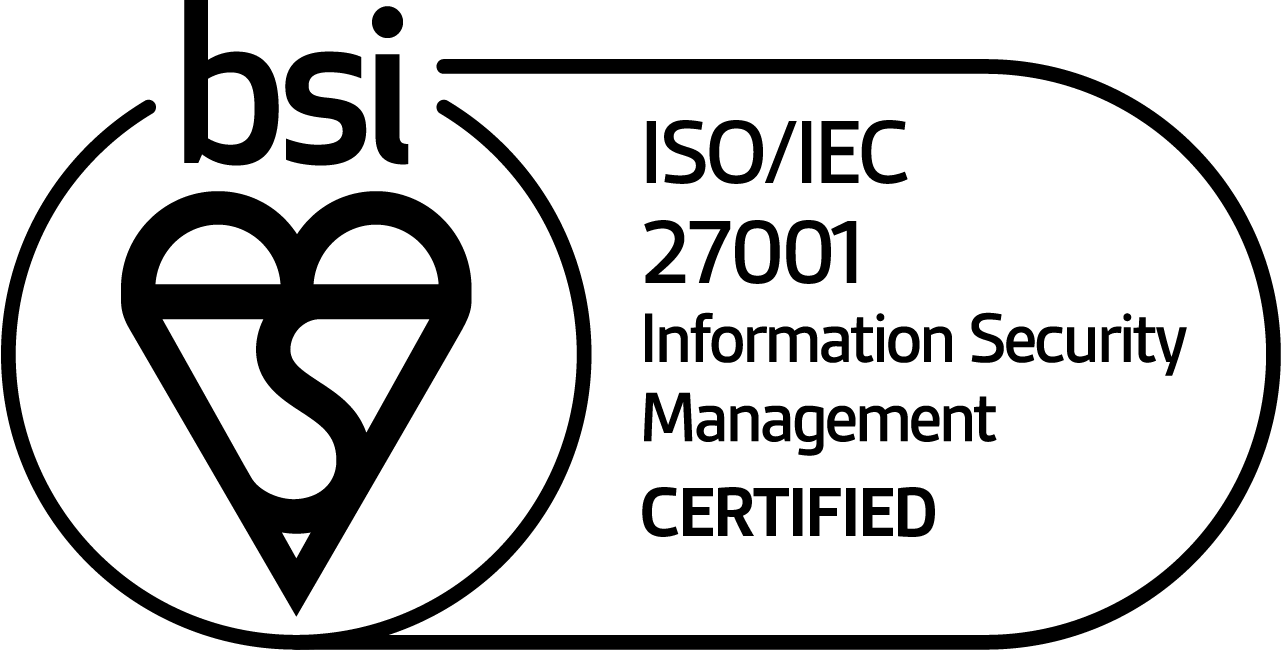A while ago you bought a nice bike. You can get to the supermarket in no time with it. But recently you walked out of the shop with a full bag: bike gone. Bummer. Fortunately, you had taken out bicycle theft insurance. But the insurance company asks for serial numbers and bicycle keys. Ai, where have they gone?
It’s quite a difference: do you always keep your bike at home in the garage or is it out on the street everywhere? In business, risks are not always clear in advance. If you were sure that a customer would not pay the invoice, you would probably not deliver. There is always a chance that a customer will not pay. But how big is that chance? And what do you find acceptable? The key question is: what is your so-called risk appetite?
More turnover at what price?
And whether that is a difficult consideration, says Robbert Geluk, Managing Director at CreditDevice. “You have to take into account conflicting interests: maximising turnover and limiting credit risks.”
For estimating and managing these credit risks, financial institutions such as banks and insurers have separate departments. But in most organisations, this is part of the credit management department. “Credit risk management is often neglected in those departments,” Geluk says from experience. “I understand very well that achieving turnover targets and increasing turnover is a higher priority for an entrepreneur than risk management. Nevertheless, risk management is also extremely important.
These are the advantages of credit insurance
More and more companies choose to insure the risk of unpaid invoices. Such a credit insurance has advantages:
- All invoices within the credit limit are covered by the insurer.
- Not every customer is accepted. Yes, that is an advantage. If the insurer only insures companies that have their administration in order, they keep unacceptable risks out. In this way the insurer keeps the premium low for companies that are well organised.
Credit insurers therefore apply conditions. “Just like the bicycle keys for bicycle theft insurance”, says Geluk. “It’s no different with credit insurance.”
As a company you have to monitor the status of your invoices; if invoices have been outstanding for too long, you have to report this to the insurer. New invoices are no longer covered.
You should not underestimate those conditions, Geluk emphasises. “If you have many customers with many invoices, it can be quite tricky. If a claim does not meet the conditions, the insurer will not pay-out.”
Guaranteed up-to-date
Fortunately, this risk is easy to avoid. “The CreditDevice PolicyManager guarantees this,” says Geluk. The software analyses which credit limit suits a customer best and determines the best cover at the lowest cost. Geluk: “Sometimes you can cancel a credit limit or replace it with a free self-assessment limit based on payment experiences.”
The most important advantages of The PolicyManager developed by CreditDevice in consultation with Atradius, Coface and Allianz Trade:
- The status of your credit limits is guaranteed to be up-to-date.
- The costs are clear in advance.
- You save time.
Always a spare key
It is just like bicycle theft insurance, says Geluk. “We keep your key. And if you lose one, we make sure you report it to the insurers to avoid problems.”
Want to know what The Policy Manager can do for your company? Please feel free to contact us.


